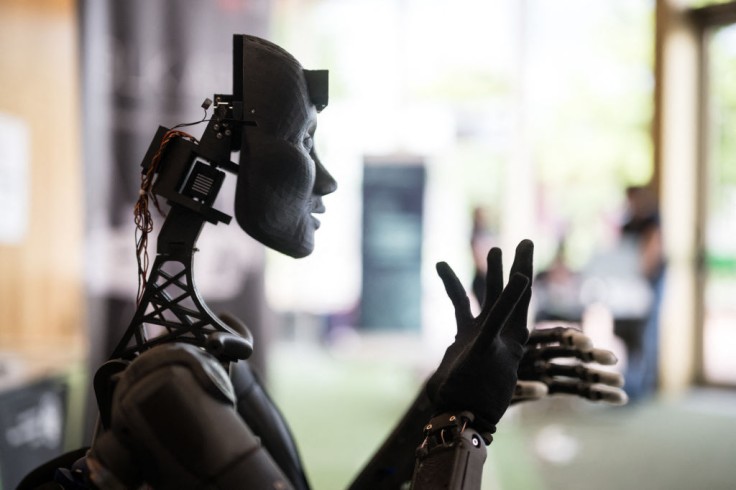
On April 23, 2025, President Donald J. Trump signed the Executive Order on Advancing Artificial Intelligence Education for American Youth, a directive set to redefine higher education by prioritizing artificial intelligence (AI) literacy and proficiency. This order, aimed at securing U.S. leadership in the global AI revolution, establishes a White House Task Force on Artificial Intelligence Education and directs federal agencies to embed AI into educational frameworks, including universities. As institutions like Princeton navigate recent challenges, such as the tragic loss of student Lauren Blackburn, this mandate introduces a transformative agenda for campuses nationwide.
The order outlines a bold vision for universities, emphasizing the use of federal grant programs to enhance AI-based instructional resources, career advising, and faculty training. "To ensure the United States remains a global leader in this technological revolution, we must provide our Nation's youth with opportunities to cultivate the skills and understanding necessary to use and create the next generation of AI technology," the order declares. For universities, this means reimagining curricula to incorporate AI across disciplines, from computer science to humanities. Institutions like Rochester Institute of Technology (RIT) are already leading the way, with faculty noting, "AI isn't just for tech majors; it's becoming a core competency across fields like art, business, and social sciences."
The order's Presidential Artificial Intelligence Challenge, to be implemented within 12 months, will encourage students to showcase AI skills, fostering innovation in fields like ethics, law, and healthcare. The Secretary of Education is tasked with issuing guidance within 90 days on using grant funds for AI-based resources, such as high-impact tutoring and career pathway exploration, potentially leading to new interdisciplinary programs. As Forbes observes, "AI is forcing universities to rethink what it means to be educated, blending technical skills with critical thinking to address ethical challenges."
Faculty training is another cornerstone, with the order directing the Secretary of Education to allocate discretionary grants under the Higher Education Act of 1965 for professional development within 120 days. At RIT, faculty use AI to streamline grading and personalize feedback, freeing time for research and mentorship. Beyond teaching, AI tools could revolutionize administrative tasks like scheduling or admissions processing, though concerns about bias persist. The Center for American Progress warns, "Unrestrained use of AI in school admissions may replicate past prejudices," urging human oversight to ensure fairness.
Workforce preparation is a key focus, with the order instructing the Secretary of Labor to develop AI-related apprenticeships and encouraging states to use Workforce Innovation and Opportunity Act (WIOA) funds for AI skills training. Universities are expected to forge public-private partnerships, a task force priority, to align curricula with industry needs. "By establishing a strong framework that integrates early student exposure with comprehensive teacher training and other resources for workforce development, we can ensure that every American has the opportunity to learn about AI," the order states. The Economist notes, "Universities are becoming hubs for AI innovation, bridging academia and industry to drive economic growth."
As universities adapt, they stand at a crossroads. The task force, chaired by the Director of the Office of Science and Technology Policy, will drive collaboration between academia, government, and industry, potentially positioning institutions as global AI leaders. For students, this promises cutting-edge skills; for faculty, enhanced teaching tools; and for administrators, greater efficiency—if implemented thoughtfully. Amid campus challenges, like Princeton's recent tragedy, universities must balance innovation with student well-being. As one X user noted, "AI can transform education, but we need to support students holistically." The Trump administration's vision could usher universities into a new era, but its success depends on equitable execution and ethical AI integration.
© 2025 University Herald, All rights reserved. Do not reproduce without permission.








